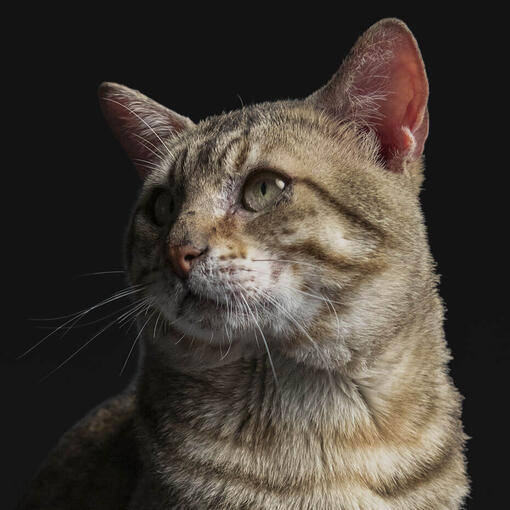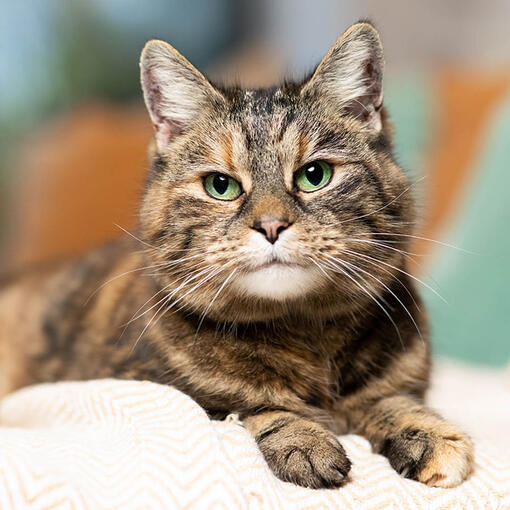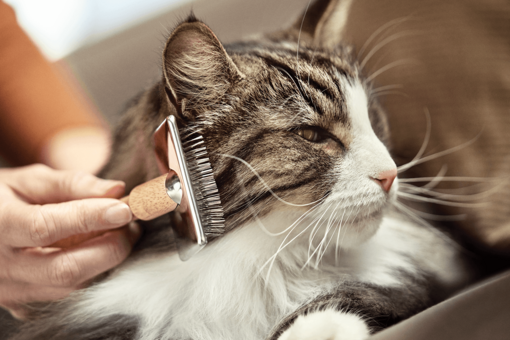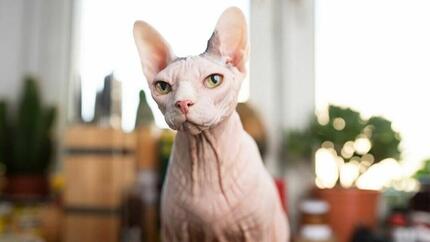

Human allergists often recommend for cat allergen-sensitive owners to avoid or reduce the allergen contact — which means constant house cleaning, bathing the cat, or medications that ease symptoms for people with cat allergen sensitivity.
All of these methods have limited effectiveness to reduce the allergen load, require significant effort, can be costly, and may be difficult to sustain in the long term.
Pharmaceutical interventions such as preventing the onset of symptoms by using medications before cat exposure and immunotherapy are a common approach which also have limitations relating to both side effects and efficacy. Antihistamines are mainly used to combat allergen sensitivity manifestations, the action of which is aimed at eliminating symptoms such as itching, skin rashes, swelling of the mucous membranes and others.
Sadly, in extreme cases, the best line of defence might be to avoid having any cats in the home. But as all owners will know, none of these options improves the bond between cats and the people who love them.
After a decade of research, we present a new feline-friendly approach to manage cat allergens, Purina® Pro Plan® LiveClear® (link to product), based on a complete and balanced diet that reduces the allergens on cat hair and dander by an average of 47% starting in the third week of daily feeding.
Pro Plan® LiveClear® does not replace current cat allergen management strategies but offers an additional tool with outstanding nutrition in everyday food with the power to change lives.
Related articles









